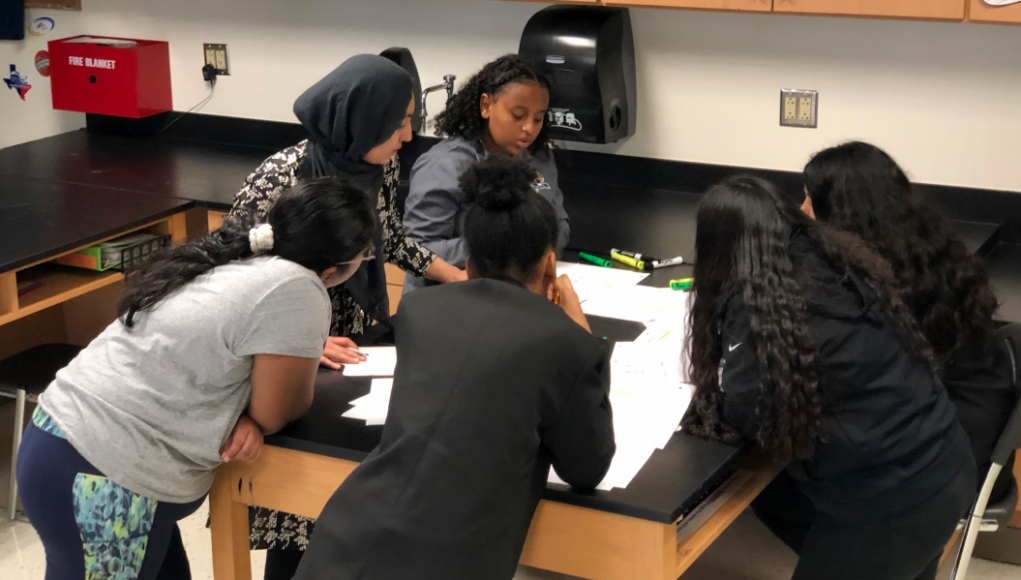Economic Mobility High: The New End Game for America’s High Schools

Post-graduation, high school leaders exhale and often turn their attention to the next class of students. After these high school seniors graduate, how much attention do we pay to their success in college, careers, and life? How do we look at success beyond high school by race, gender, and economic status of students to ensure students from our community thrive? What is the role of the American high school leader in owning the success of students beyond high school?
What if we thought of high school less in terms of test scores and more in terms of economic contribution to our communities? High schools can and should be the economic development engines of our communities.
The ideal finish line is no longer college admissions, it’s a viable pathway to high wage employment–and that may or may not include a traditional college experience. The new finish line is a secure grasp on the first few rungs of a lifelong earn and learn ladder.
School districts must now set equity goals for college and career success that includes college and career readiness, college enrollment, and college and work attainment rates by race, gender, and economic status.
Heading in the Right Direction
Texas, through House Bill 3, placed a premium on school districts owning the success of students beyond high school. The Bill plans for a vibrant Texas economy by investing in inequitable college and work outcomes. School districts must now set equity goals for college and career success that includes college and career readiness, college enrollment, and college and work attainment rates by race, gender, and economic status. For every student that tests college-ready and enrolls in college, tests college-ready and earns an industry-recognized credential, or tests military ready and enlists in the military, school districts receive significant new outcomes bonuses. These bonuses are weighted by economic status so that low-income communities receive more dollars for producing valued outcomes to reinvest in talent and drive a strong Texas economy.
School networks like KIPP and Uplift Education have prioritized the road to and through college. As charter school organizations that have to raise funds to match the level of investment in traditional public schools, they must demonstrate a clear return on investment in college enrollment, completion, and job placement. KIPP and Uplift invest in college and career advising with a robust and individualized plan for every student with the personalized support to succeed. Additionally, they prioritize investments in alumni coordinators who stay with students through college completion and job entry. This economic mobility value proposition is a powerful message to parents, students, investors, community leaders, and industry partners.
About 60 schools in 25 districts in metro Kansas City (both Kansas and Missouri districts) are making high school more valuable to young people by incorporating more real-world learning including internships and client-connected projects, three classes of college credit, industry-recognized credentials and entrepreneurial experiences.
Economic Mobility High
How many high school leaders truly view their role as leaders of economic mobility? High schools have a major role in creating a path to economic mobility in the face of significant systemic barriers like racism, poverty, under-resourced communities, outdated state accountability plans, and insufficient data systems.
There are four ways school, system, and community leaders can help create economic mobility in high schools.
Read full article on Getting Smart here.